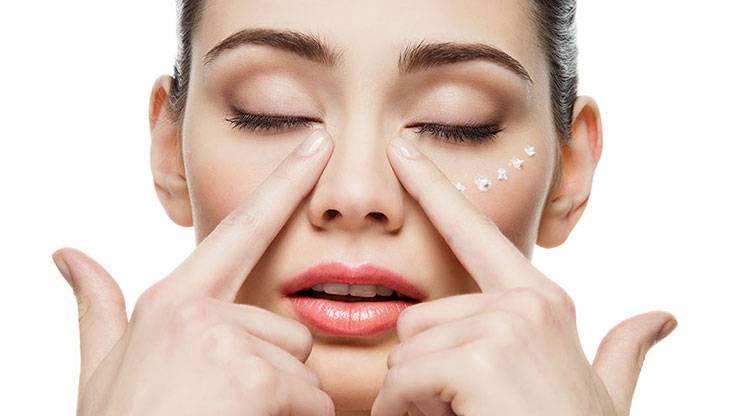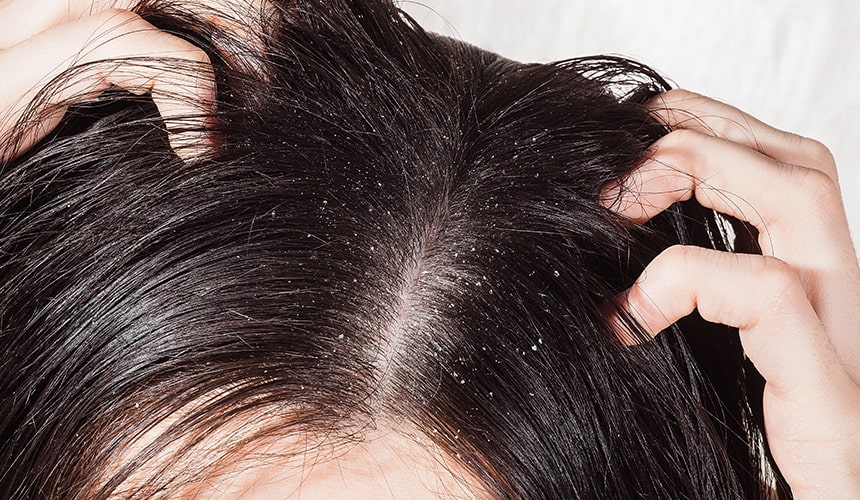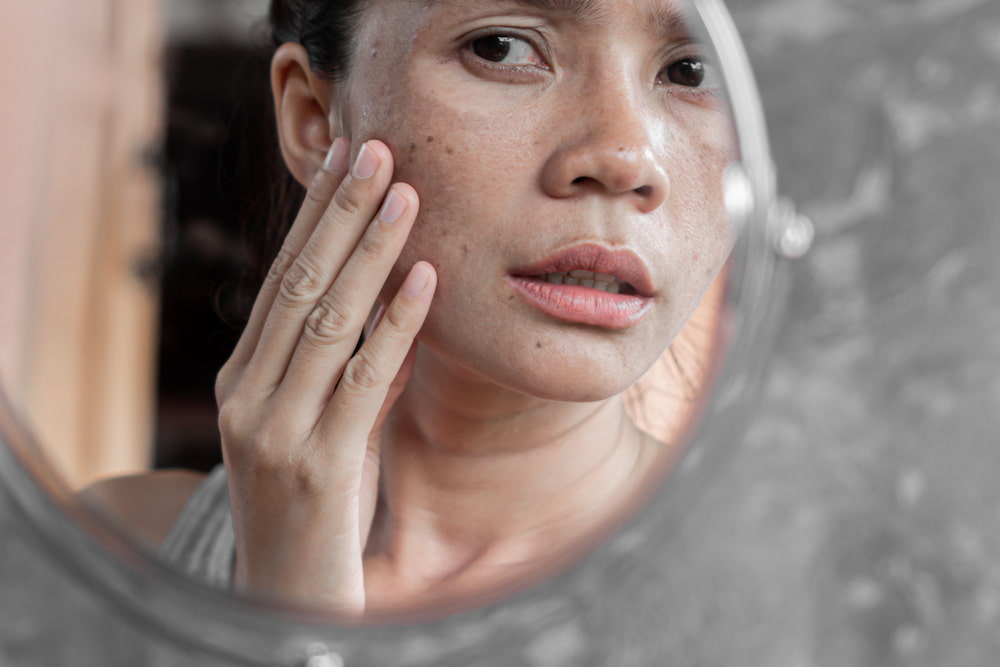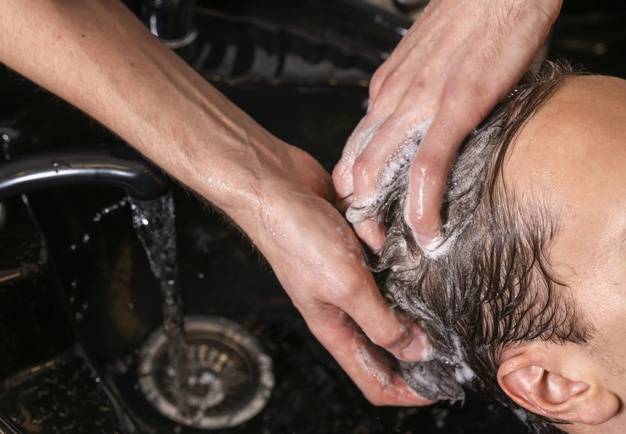Misconceptions about sunscreen and sunburn
misconception regarding sun protection
Many of us have heard about the benefits and harms of sunlight for the body and skin, but many of these things are wrong and have led to misconceptions in our minds about this.
These misconceptions may expose you to serious skin cancer, wrinkles, and age spots, so get acquainted with these misconceptions in this section so that you can take more care of your skin and body.
Misconceptions about sunscreen and sunburn:
Sunburn is not possible on windy days
Sunburn occurs on windy, cloudy, and cold days, and this damage is caused by ultraviolet light, not temperature. A cool or cloudy day in summer can be like a hot, sunny day.
Sunburn is less common on tanned skin.
Lotions and sunscreens do not protect the body from the sun, so that you will need sunscreen. Some sunscreens have an SPF rating but should not be trusted.
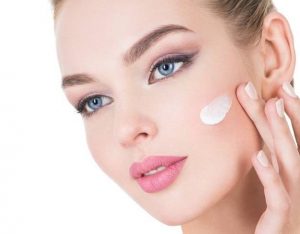
People with dark skin do not get skin cancer.
People with dark skin can also develop skin cancer, and regardless of skin type, exposure to ultraviolet rays and other artificial sources can cause permanent skin damage.
People with this skin type are less likely to burn their skin, but they can be sufficiently exposed to ultraviolet light and the risk of skin cancer, so the skin should be protected from sunlight.
No need for a sunscreen with other makeup
If cosmetics do not have 30SPF or higher and you will be exposed to the sun for a long time, you should use sunscreen under your makeup and use it every two hours, not just once in the morning. Note that most cosmetics with an SPF of less than 30 do not contain sunscreen.
Cloudy weather does not cause sunburn.
Sunburn occurs on cloudy days because ultraviolet light can penetrate some clouds and is more intense due to the reflection of the clouds, so check the hours of intense sunlight with a meteorologist.
The higher the SPF, the more protection it has
If you use sunscreen, it does not mean that you can be in the sun for a long time. Although there may be many differences between the two types of sunscreen, a sunscreen with an SPF50 of 98% and a sunscreen with an SPF30 of 96.7% can slightly reduce the risk of sunburn and skin cancer. So before going out every two hours, after swimming, sweating, use sunscreen with SPF30 or higher.
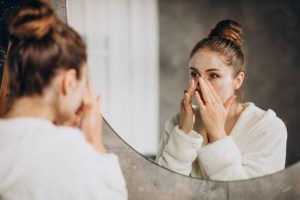
More sun means more vitamin D.
People should not be exposed to UV vitamins to absorb vitamin D. Research shows that prolonged exposure to the sun does not increase vitamin D levels further, but it does increase the risk of skin cancer.
When the amount of ultraviolet light is three or more, most people get enough vitamin D during daily activities such as walking with just a few minutes of sun exposure. At the peak of UV rays, it is important to protect the skin against Protect against skin cancer.
When UV levels are below 3, sun protection is usually not necessary, and if you live in areas with low UV levels in the winter, you may need vitamin D by spending time outdoors in the middle of the day.
People who are most at risk for vitamin D deficiency include
People with naturally very dark skin, people with diseases or medications that affect the absorption of vitamin D. People who are less exposed to the sun or not exposed to the sun at all, so if you think you should talk to your doctor about vitamin D.
Treating skin cancer is simple.
Skin cancer is much more serious than sunburn and can be treated with chemotherapy and surgery, leading to permanent scarring. Skin cancer can spread to other parts of the body.
Be aware of any spots or changes in existing areas. If you notice new cases or changes, consult a GP immediately and remember that prevention is always better than cure.
Only the sun causes skin cancer.
Excessive sun exposure is not bad for tanning, but high UV environments are also exposed to UV rays daily, such as outdoor work, gardening, walking, or picnicking. Over time, the risk of skin cancer increases.
People with tanned skin do not need sunscreen.
If the skin becomes dark, it is a sign of skin cell damage, even if there is no redness or peeling. As a way to protect yourself, the skin darkens because the rays damage living cells, and if you tan easily, you are still at risk for skin cancer and should use sunscreen.
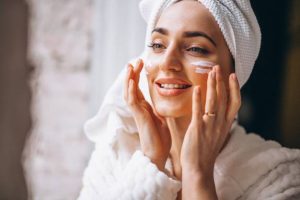
We do not burn in the sun.
There is a possibility of sunburn through car windows, and car windows do not reduce UV radiation, which means that if you stay in the car for a long time, you will get sunburn when the UV rays are at their highest level. Become.
Waterproof sunscreens are not washed off.
If you are a person who does water sports such as swimming or washing your face regularly, you should use waterproof cream at regular intervals. The sunscreen composition is such that it is suitable for a maximum of 1 hour and 20 minutes underwater. In addition, sunscreens labeled “water-resistant” can withstand up to 40 minutes of water.
In winter and at home, there is no need for sunscreen
Winters increase skin sensitivity. If a person is in a hilly or snow-covered area, the reflection of ultraviolet light from the snow will cause more damage to the skin. Also, the passage of ultraviolet rays through the glass and indoor light can be a source of ultraviolet rays, so even if there is, you should use sunscreen at home.
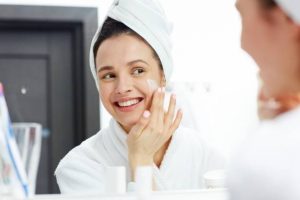
Sunscreen blocks all the sun’s rays
People believe that sunscreens are so good that they do not damage DNA and only block the percentage of light that damages the skin during the day.
So keep in mind that sunscreen alone is not completely effective in blocking sunlight, and avoiding full sun exposure and wearing protective clothing can help.
Sunscreen can cause acne.
We’ve all heard this before, especially if you have acne-prone skin. While this may be true in some cases, it does not apply to all sunscreens on the market. There are many sunscreens on the market that are safe, effective. For example, micronized zinc oxide with small particles does not cause blockage or acne.
People who take acne medications such as retinoids or oral antibiotics are more sensitive to the sun and are more likely to sunburn. Therefore, acne-prone skin should use sunscreen regularly.


